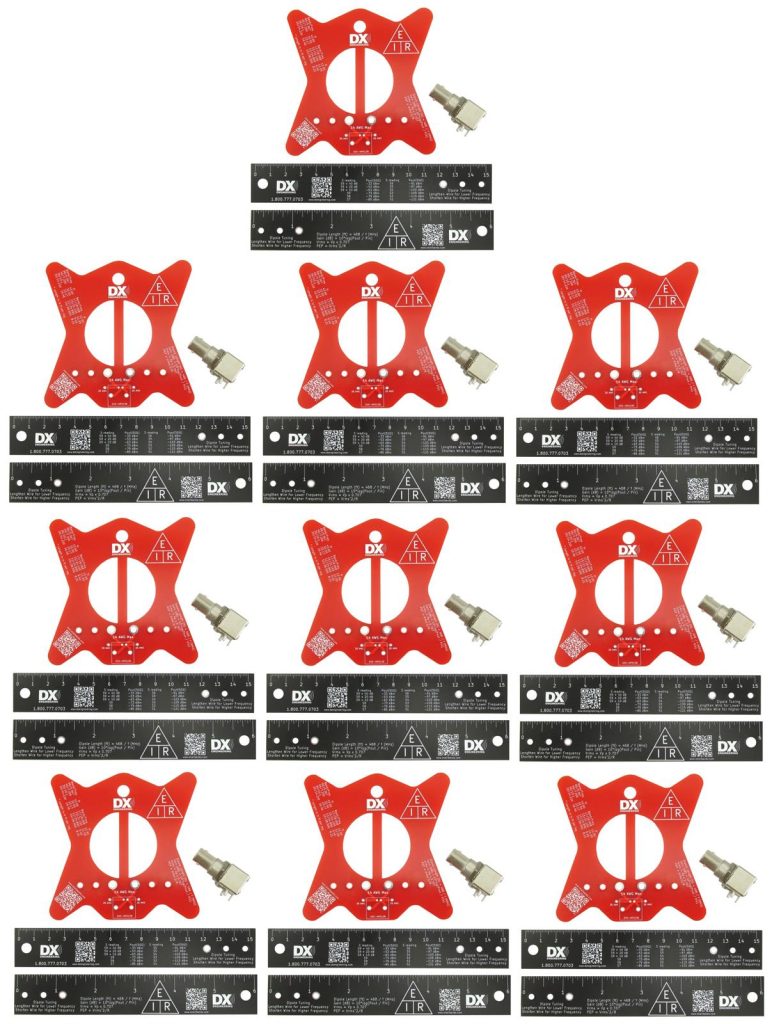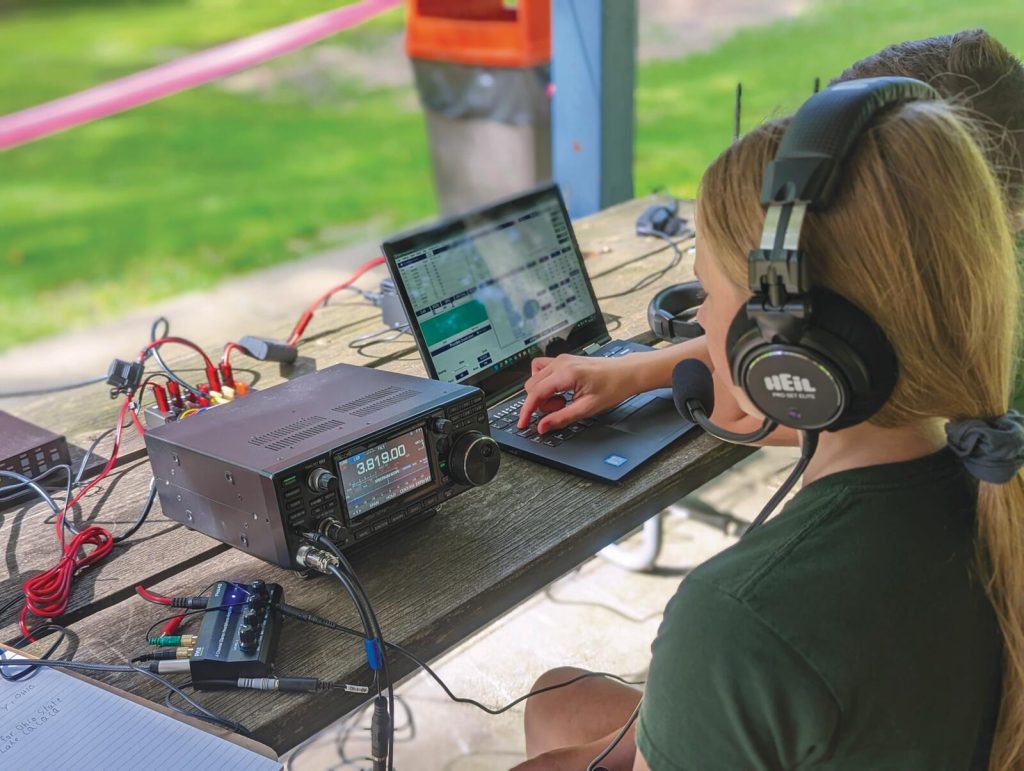During my six years in amateur radio, I’ve been involved with numerous clubs and organizations, from small local groups to those with members worldwide. Each one I’ve been part of has helped me in innumerable ways—everything from learning CW to recruiting new young hams. These clubs have supported me with each and every one of my goals.
While a number of clubs and organizations already have some sort of youth program in place, having one isn’t necessary to support young people in the hobby. It can be as simple as offering to explain a technical concept or bit of jargon to them. If your local club doesn’t currently have a youth program arranged, starting one isn’t challenging, especially if your club already has members or even just attendees from a younger demographic. The most challenging part is usually finding young hams to be involved with the club and/or program!
Plenty of clubs that already have youth programs have a framework they’re willing to share, or they can provide advice and some tips on what has worked and what hasn’t. There are many youth-focused amateur radio organizations that have hosted youth events or programs that could be easily replicated.
A few examples of youth programs and activities include a foxhunt (a very popular activity for getting young people into amateur radio), a kit-building workshop (also a very popular option, and immensely beneficial for young hams who may not have the budget for or access to equipment), or hosting an open club shack for a contest or operating event.


These ideas can help with retention of already-licensed young hams, but there are options that could be tailored to young people who are not licensed. Examples include having a GOTA (Get On The Air) station at the club’s Field Day or just in general, hosting youth licensing classes where the material is broken down and explained in a more easily comprehensible manner, and holding an “Intro to Amateur Radio” session with a few workshops that would be manageable for unlicensed young people—and their parents!

Making sure that parents are always included or, at a minimum, invited to activities for youth or at other club functions and programs is vital to having a successful youth contingent in your club. Many of the parents that may accompany their children are not involved with or are unaware of what amateur radio is, so making the information graspable for those without an interest or technical/amateur radio background is also important. It’s also important to remember the schedules of young people when holding a youth program or event. For example, if you schedule a youth net for Tuesdays at noon, it’s likely you won’t actually get any youth check-ins since they’ll all be at school.
Balancing amateur radio activities with my school schedule has been one of the most challenging parts of being involved with the hobby. So many of the events (contests, nets, club meetings, etc.) are at times when I have to be at school or am busy with other school functions. While there isn’t a one-size-fits-all time of day or day of the week for meetings and activities, aiming for evenings and weekends maximizes the opportunity for young people to attend. However, when looking to schedule bigger events like a foxhunt or intro to amateur radio day, a day over the summer will be better than a weekend day nearly every time.
A local club can be one of the most influential factors in determining if a young person opts to continue being active in the amateur radio community, whether it’s a result of a dedicated youth program or merely the opportunity to find mentors and welcoming faces. Every interaction has the potential to snowball into a huge part of a young ham’s involvement with amateur radio.
At my first Field Day after getting licensed, I met an older gentleman at one of the local clubs who told me that I should give CW a try and that he thought I might be good at it. CW is now my absolute favorite mode and has become one of my favorite aspects of the hobby. One small conversation like this in the setting of a local club can turn a young ham’s experience with amateur radio into something they’ll continue to enjoy throughout their lives. I hope all young hams have the opportunity to enhance their pursuit of the hobby through being involved with a welcoming and supportive local club.

